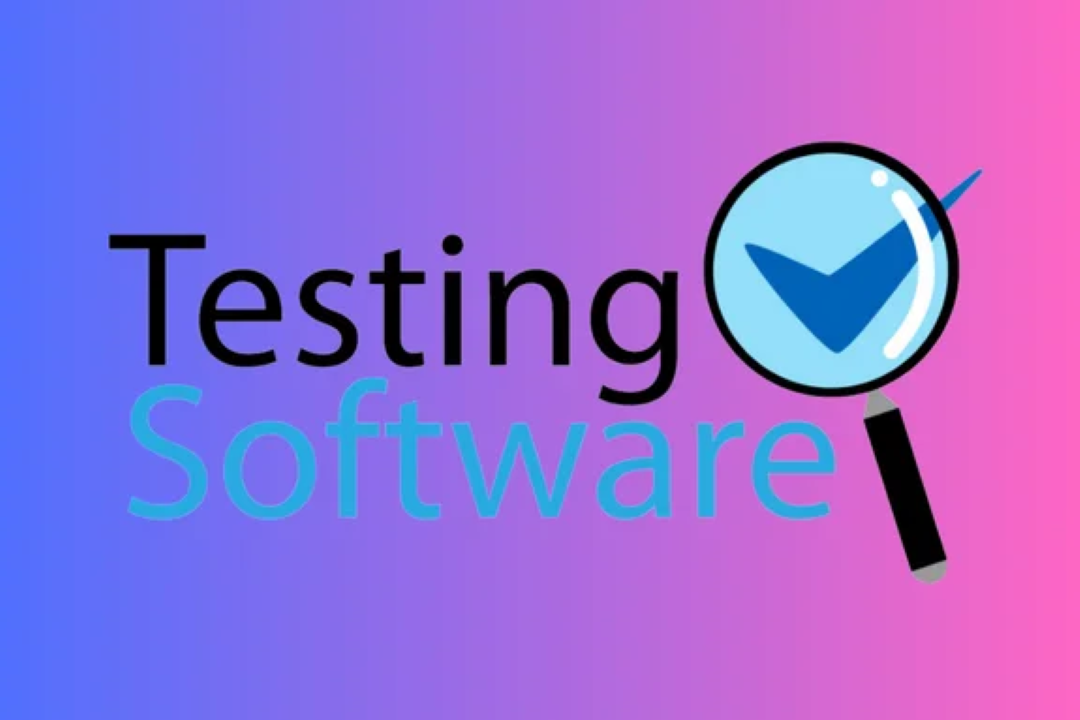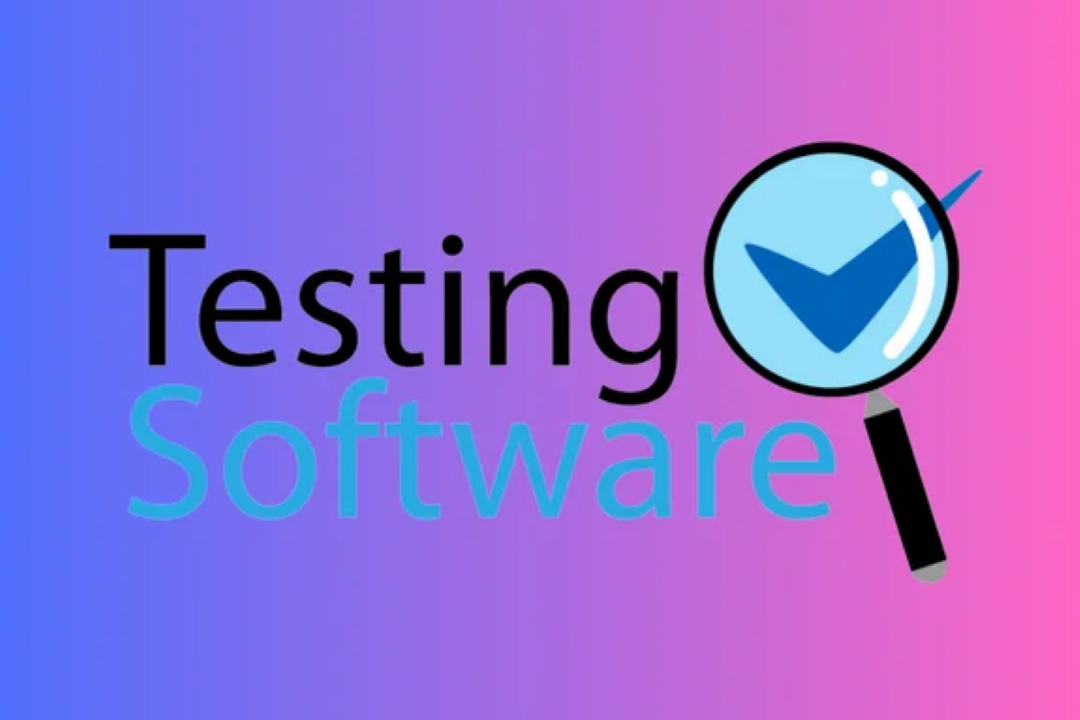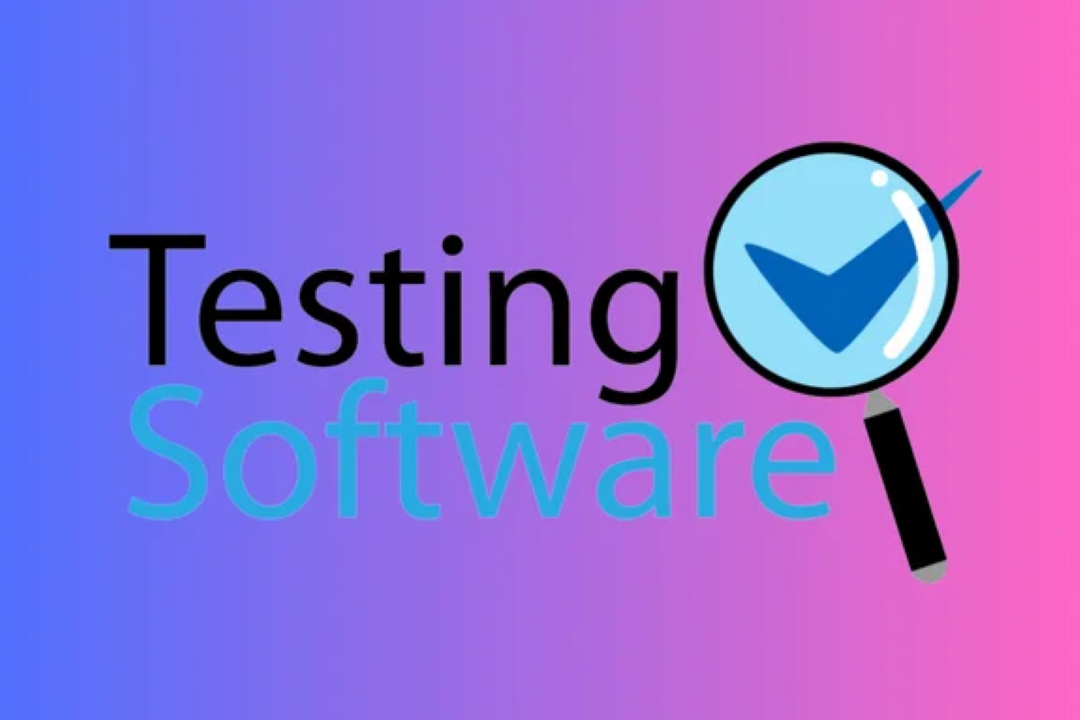selenium testing course in BANGALORE
The Selenium Testing Course in Bangalore provides participants with in-depth knowledge and practical
selenium testing course in BANGALORE
The Selenium Testing Course in Bangalore is designed to equip students and professionals with essential skills in automated testing of web applications. As businesses increasingly rely on software for their operations, the demand for skilled QA testers who can ensure software reliability and performance is skyrocketing. This course covers critical aspects of Selenium, including automation frameworks, scripting, and real-time project work, providing learners with hands-on experience that mirrors industry requirements. By mastering Selenium, participants enhance their employability and gain a competitive edge in the fast-evolving tech landscape, making this course a valuable investment for anyone looking to advance their career in software testing.
To Download Our Brochure: https://www.justacademy.co/download-brochure-for-free
Message us for more information: +91 9987184296
The Selenium Testing Course in Bangalore is designed to equip students and professionals with essential skills in automated testing of web applications. As businesses increasingly rely on software for their operations, the demand for skilled QA testers who can ensure software reliability and performance is skyrocketing. This course covers critical aspects of Selenium, including automation frameworks, scripting, and real time project work, providing learners with hands on experience that mirrors industry requirements. By mastering Selenium, participants enhance their employability and gain a competitive edge in the fast evolving tech landscape, making this course a valuable investment for anyone looking to advance their career in software testing.
Course Overview
The Selenium Testing Course in Bangalore offers a comprehensive curriculum tailored for aspiring software testers and professionals seeking to enhance their automation skills. This course covers fundamental to advanced concepts of Selenium, including setting up the testing environment, creating and executing test scripts, and implementing testing frameworks. Participants will engage in real-time projects to gain practical experience in automating web application testing, understanding best practices in QA, and effectively managing testing workflows. By the end of the course, learners will be equipped with the knowledge and hands-on expertise to excel in the field of automated testing, preparing them for lucrative career opportunities in the software industry.
Course Description
The Selenium Testing Course in Bangalore is designed for individuals looking to specialize in automated testing for web applications. This course offers a comprehensive curriculum that covers essential topics such as Selenium WebDriver, test automation frameworks, creating and executing test scripts, and integrating Selenium with tools like TestNG and Maven. Participants will engage in hands-on projects that simulate real-world scenarios, enabling them to develop practical skills in identifying and resolving software defects efficiently. By the end of the course, learners will possess the expertise needed to effectively contribute to quality assurance efforts in various software development environments, positioning themselves for successful careers in software testing.
Key Features
1 - Comprehensive Tool Coverage: Provides hands-on training with a range of industry-standard testing tools, including Selenium, JIRA, LoadRunner, and TestRail.
2) Practical Exercises: Features real-world exercises and case studies to apply tools in various testing scenarios.
3) Interactive Learning: Includes interactive sessions with industry experts for personalized feedback and guidance.
4) Detailed Tutorials: Offers extensive tutorials and documentation on tool functionalities and best practices.
5) Advanced Techniques: Covers both fundamental and advanced techniques for using testing tools effectively.
6) Data Visualization: Integrates tools for visualizing test metrics and results, enhancing data interpretation and decision-making.
7) Tool Integration: Teaches how to integrate testing tools into the software development lifecycle for streamlined workflows.
8) Project-Based Learning: Focuses on project-based learning to build practical skills and create a portfolio of completed tasks.
9) Career Support: Provides resources and support for applying learned skills to real-world job scenarios, including resume building and interview preparation.
10) Up-to-Date Content: Ensures that course materials reflect the latest industry standards and tool updates.
Benefits of taking our course
Functional Tools
1 - Selenium WebDriver: Selenium WebDriver is the go to tool for automating web applications for testing purposes. It allows testers to write scripts in various programming languages such as Java, Python, C#, and Ruby. The WebDriver mimics user interactions with web pages, enabling the automation of functionalities like clicking buttons, filling out forms, and navigating across web pages. Participants will learn how to utilize Selenium WebDriver to validate web application behavior under various conditions, enhancing their ability to ensure software quality.
2) TestNG: TestNG is a powerful testing framework inspired by JUnit and NUnit, designed to cover a broader range of testing categories. It allows for test configurations such as parallel execution and data driven testing, making it ideal for both manual and automated test cases. The course will cover how to integrate TestNG with Selenium WebDriver, enabling efficient test script management and execution. Participants will gain practical insights into annotations, suite configurations, and generating reports that enhance visibility into test results.
3) Apache Maven: Apache Maven is a build automation tool used primarily for Java projects. It simplifies the process of project management by handling dependencies, building, and deploying applications. In the Selenium Testing Course, students will learn to set up Maven for their automation projects, manage library dependencies, and automate the build lifecycle. This knowledge ensures participants can streamline their testing processes and maintain organized project structures, enabling smoother collaboration and project scalability.
4) Jenkins: Jenkins is an open source automation server that facilitates Continuous Integration and Continuous Delivery (CI/CD). The course will cover how to integrate Selenium tests into Jenkins pipelines, automating the execution of test scripts whenever new code changes are committed. This integration is crucial for developing a robust CI/CD pipeline, as it helps in identifying integration issues early in the development cycle. Students will learn to set up Jenkins builds, configure jobs, and utilize plugins that enhance testing efficiency.
5) Cucumber: Cucumber is a testing tool that supports Behavior Driven Development (BDD). During the course, participants will explore how to write readable test specifications using Gherkin syntax, which helps in bridging the gap between technical and non technical stakeholders. By integrating Cucumber with Selenium testing, students will be able to implement behavior driven testing, ensuring the developed application meets user expectations. This approach promotes collaboration and facilitates better understanding among team members regarding application functionality.
6) REST Assured: REST Assured is a powerful library for testing REST APIs. As APIs become increasingly integral to web applications, knowledge of testing them is crucial. The Selenium Testing Course will introduce students to REST Assured, allowing them to validate API responses and integrate API testing with their UI tests. Participants will learn to perform GET, POST, PUT, and DELETE requests while asserting responses, enhancing their overall testing skills and ensuring the robustness of modern application architectures.
These tools are integral to the Selenium Testing Course in Bangalore, providing participants with a comprehensive skill set essential for succeeding in the automation testing industry. At JustAcademy, we ensure that students gain hands on experience with these tools, equipping them to tackle real world challenges confidently and effectively.
Certainly! Here are additional points that highlight the importance and features of various tools and techniques essential for the Selenium Testing Course offered at JustAcademy:
7) Version Control with Git: Understanding version control systems is critical for any software development or testing role. Git allows teams to collaborate efficiently, manage changes to code, and maintain project history. The course will introduce participants to Git basics, including branching, merging, and resolving conflicts, which is vital when collaborating on Selenium test automation projects. By mastering Git, students can track their testing code changes and work seamlessly within a team environment.
8) Page Object Model (POM): The Page Object Model is a design pattern that enhances test maintainability and readability. In this course, participants will learn how to implement POM for their Selenium tests, making it easier to manage locators and actions on web pages. By organizing tests into reusable page classes, students will reduce code duplication, simplify test updates, and improve collaboration across development and testing teams.
9) Data Driven Testing: Data driven testing is an essential technique that allows testers to run the same test multiple times with different inputs. The Selenium Testing Course will provide insights into how to implement data driven testing within Selenium, using TestNG and Apache POI for reading data from Excel files. This approach ensures comprehensive test coverage and enhances the reliability of tests, targeting a variety of scenarios and user inputs.
10) Cross Browser Testing: With the diversity of web browsers available, ensuring application compatibility is vital. The course will explore frameworks and tools like BrowserStack or Sauce Labs for executing cross browser tests using Selenium. Participants will learn to test their applications across different browser versions and operating systems, ensuring a consistent user experience. This skill is crucial for maintaining app quality in today’s multi device landscape.
11 - Performance Testing Integration: Quality assurance isn’t limited to functional testing; performance and load testing are equally important. The course will delve into integrating Selenium tests with performance testing tools like JMeter. By understanding how to simultaneously validate both performance and functionality, students can ensure that applications not only meet functional requirements but also perform well under load.
12) Test Automation Best Practices: Understanding best practices is critical for effective test automation. The course will cover essential strategies such as writing maintainable code, setting up a clear folder structure, minimizing flaky tests, and ensuring effective logging and reporting. By instilling these practices, participants will be capable of developing robust, scalable automation frameworks that lead to more reliable testing outcomes.
13) API Testing with Postman: Alongside REST Assured, participants will also learn to execute basic API testing using Postman. This hands on experience with Postman will help students understand API endpoints and validate responses independently of the UI. Knowing how to test APIs enables students to take a holistic approach towards quality assurance, allowing coordination of front end and back end testing.
14) Visual Testing: Visual regression testing ensures that the user interface remains visually consistent across versions. The course will introduce tools like Applitools or Percy, which integrate with Selenium to automatically capture and compare UI screenshots across multiple deployments. Students will learn how to identify visual discrepancies that could affect user experience, which is essential for maintaining application aesthetics.
15) Test Reporting and Analytics: Effective communication of test results is vital in software development. The course will cover various reporting tools and frameworks, such as Extent Reports or Allure Reports, to generate insightful test reports. Participants will learn how to implement detailed reporting with visual representation of test execution metrics, aiding stakeholders in understanding test coverage and results clearly.
By integrating these additional points into the Selenium Testing Course, JustAcademy provides a thorough and comprehensive learning experience for aspiring test automation engineers. Participants will leave with a robust skill set and practical knowledge, preparing them effectively for careers in the fast paced world of software testing.
Browse our course links : https://www.justacademy.co/all-courses
To Join our FREE DEMO Session:
This information is sourced from JustAcademy
Contact Info:
Roshan Chaturvedi
Message us on Whatsapp:
Email id: info@justacademy.co












